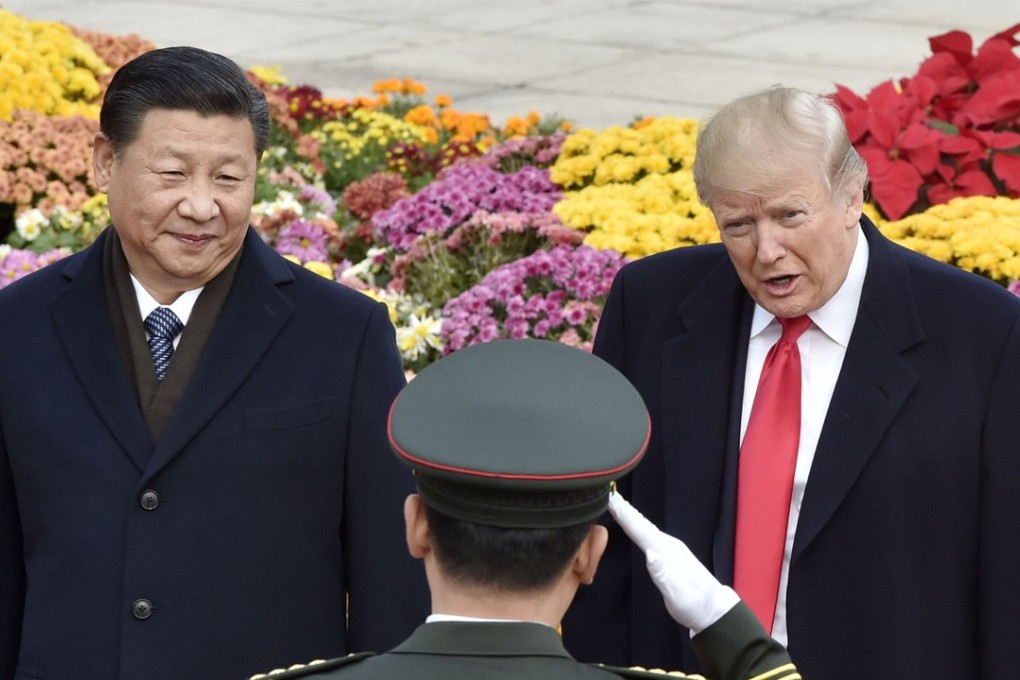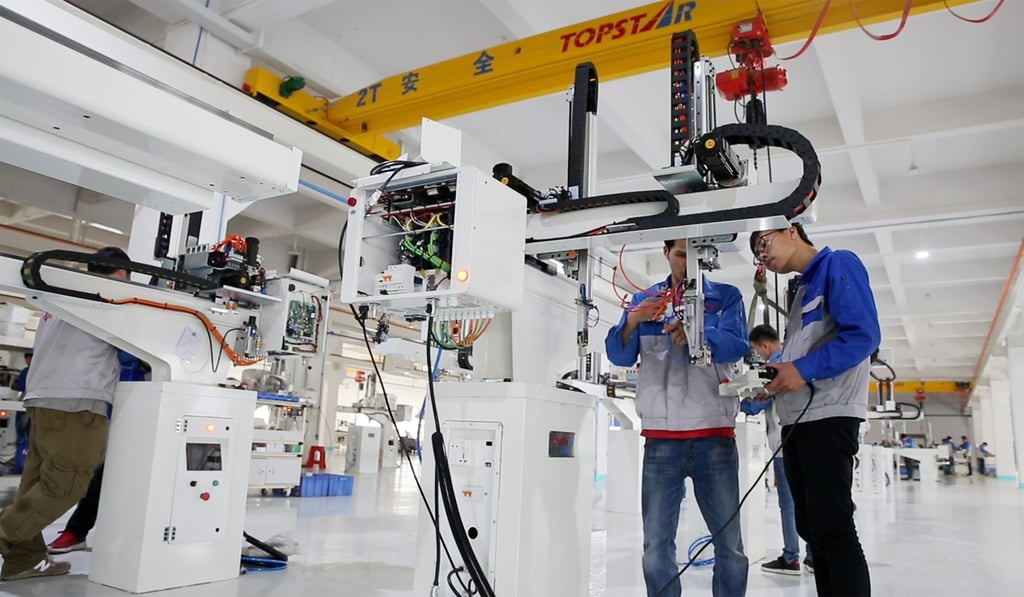Advertisement
The View | China must boost its soft power to balance economic brawn
Andrew Hammond says Trump’s trade salvoes against China find support in a political base that is deeply suspicious of the country. While China is now perceived as an economic powerhouse, it must do more to burnish international perceptions of its rise
Reading Time:3 minutes
Why you can trust SCMP

Spooking financial markets, China on Monday implemented retaliatory tariffs of up to 25 per cent on around US$3 billion of food goods. This move follows the imposition last month by US President Donald Trump’s team of some US$60 billion worth of US tariffs on Chinese goods in what could, yet, turn into a full-blown trade war.
Trump’s rationale for imposing the tariffs is his belief that Beijing is employing a range of unfair practices, including stealing US intellectual property. He has repeatedly criticised China’s large trade surplus with the United States which was around US$375 billion last year.
To see the fallacy of Trump’s intellectual rights charge, shall we all pay China for the use of paper?
The Trump team’s targeting of China in this specific way reflects not just the personal animus that some administration officials appear to have towards the country. It also reflects wider shifts in the global economic and political landscape, with China’s rise one of the defining features of this period.
The significantly brighter spotlight on the country, especially since 2008, has exposed a ‘soft power deficit’ which is complicating its rise to power
On the financial front, International Monetary Fund data since 2014 shows that the Chinese economy is now larger than the US’ on a purchasing power parity basis, which makes adjustments for the fact that goods are cheaper in China and other countries relative to the US. However, the consequences of the country’s generally strong growth since 2001 have been more than economic.
Advertisement
In terms of perceptions, many believe the global economic and political balance of power has swung significantly. This feeds into the political posturing of some US politicians on China. During the 2016 US presidential campaign, Trump compared the US to “the piggy bank that’s being robbed” and promised to turn the situation around. He has long threatened to impose punitive tariffs on Chinese goods, a move that Beijing has always said it would oppose, given that its WTO membership prohibits other members from unilaterally raising such tariffs above levels they have committed to maintain.
The stark change in some international perceptions towards China is underlined by Pew Global Research. In 2017, people surveyed in seven of the 10 European Union nations named China as the world’s “leading economic power”. Moreover, in Australia, a long-time US ally in the Asia-Pacific, people placed China ahead of the US by a two-to-one margin, with 58 per cent of Australians believing Beijing is the “world’s leading economic power”.
Australia’s anti-China stance is a misguided attempt to cosy up to Trump

China has a vision of how to engage the world. The divided West needs one, too
Advertisement
Select Voice
Choose your listening speed
Get through articles 2x faster
1.25x
250 WPM
Slow
Average
Fast
1.25x
